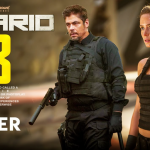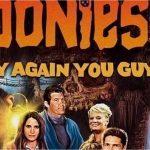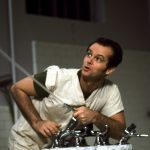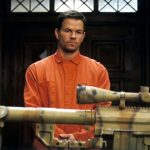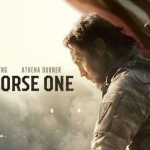🎬 No Country for Old Men (2007): A Haunting Exploration of Fate and Morality
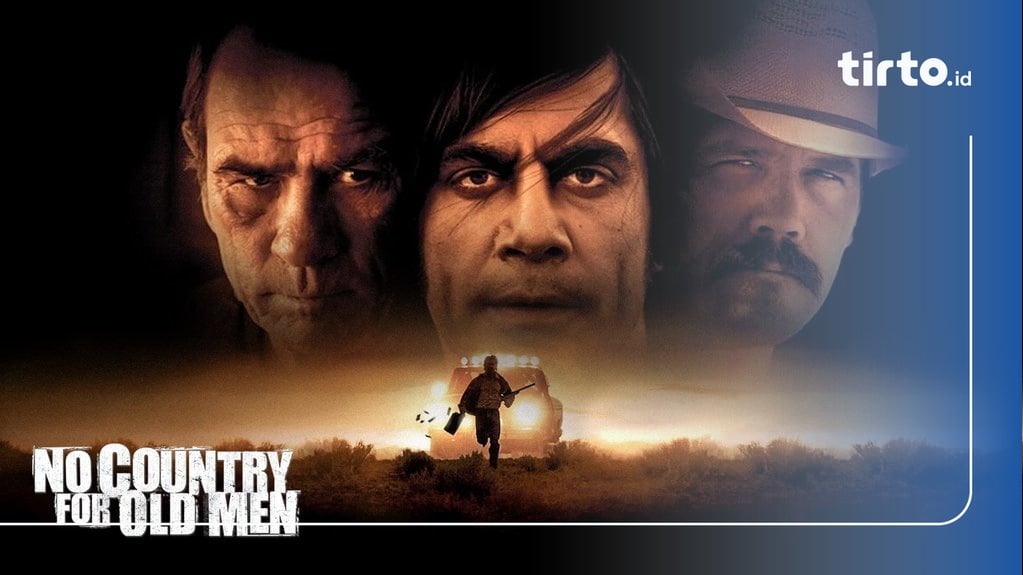
Directors: Joel and Ethan Coen
Main Cast:
- Josh Brolin as Llewelyn Moss
- Javier Bardem as Anton Chigurh
- Tommy Lee Jones as Sheriff Ed Tom Bell
- Kelly Macdonald as Carla Jean Moss
- Woody Harrelson as Carson Wells
Plot Overview:
No Country for Old Men is a chilling neo-Western thriller based on Cormac McCarthy’s 2005 novel. The film follows three main characters: Llewelyn Moss (Josh Brolin), a hunter who stumbles upon a drug deal gone wrong and a suitcase full of money; Anton Chigurh (Javier Bardem), a psychopathic hitman hired to recover the money; and Sheriff Ed Tom Bell (Tommy Lee Jones), an aging lawman trying to bring justice amidst the rising violence.
Set in the harsh landscapes of West Texas in the 1980s, the film explores themes of fate, morality, and the relentless passage of time. As the characters’ paths inevitably cross, No Country for Old Men unfolds as a tense, philosophical meditation on the nature of evil and the randomness of violence.
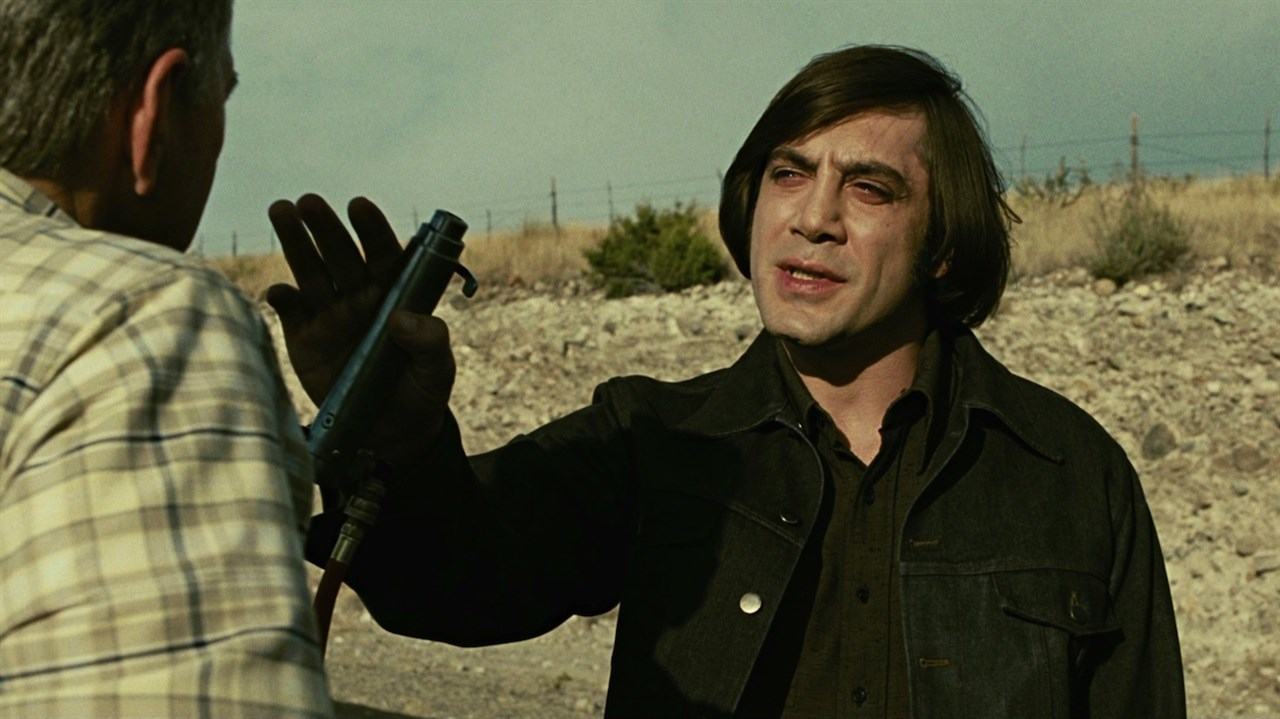
What to Expect from No Country for Old Men (2007)
- Tense, Suspenseful Atmosphere:
- The film creates an almost unbearable tension as Moss, who takes the money, is relentlessly pursued by the unstoppable Anton Chigurh. The sparse dialogue, long silences, and masterful pacing build an atmosphere where the threat of violence is constantly looming.
- Complex Themes of Fate and Morality:
- The movie delves into the idea that fate is inescapable, with each character grappling with choices that often feel predestined. Chigurh’s belief in chance, seen through his use of a coin toss to decide his victims’ fate, contrasts sharply with the morality of Sheriff Bell, who finds himself increasingly unable to comprehend the violence he sees.
- Chilling Performance by Javier Bardem:
- Bardem’s portrayal of Anton Chigurh is one of the most iconic and terrifying performances in cinematic history. His calm demeanor, combined with his bizarre principles and the brutal methods he employs, make him a truly menacing villain. Chigurh’s unique weapon of choice, a captive bolt pistol, adds to his eerie persona, marking him as a symbol of inevitable death.
- Sheriff Ed Tom Bell’s Reflective Narration:
- Tommy Lee Jones brings a powerful presence as the weary Sheriff Bell. His reflective, philosophical narration gives the film a melancholic tone, serving as a commentary on the violence and moral decline that plague the modern world.
- Stunning Cinematography and Direction:
- The Coen Brothers expertly use the stark, desolate landscapes of West Texas to mirror the bleak and unforgiving nature of the story. Roger Deakins’ cinematography captures the vast, empty spaces, enhancing the film’s existential themes and the isolation of the characters.
- Minimalist Score and Sound Design:
- In a bold move, the film has almost no musical score. The absence of music heightens the tension, allowing every sound—footsteps, gunshots, and even silence itself—to create a visceral experience for the viewer. This focus on sound design intensifies the realism and unpredictability of the violence.
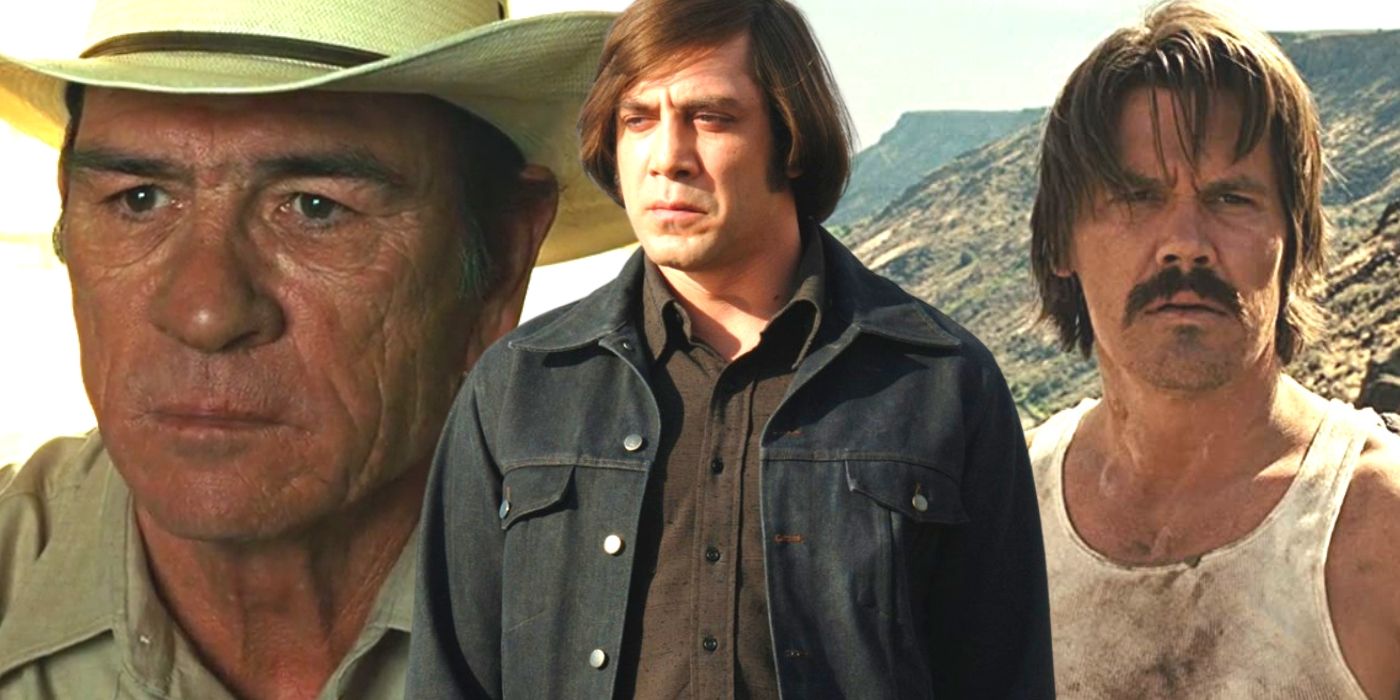
- Ambiguous Ending:
- The film’s ending is famously ambiguous, leaving viewers with more questions than answers. Sheriff Bell’s closing monologue about his dreams symbolizes his internal struggle with a world he no longer understands, providing a haunting conclusion to this exploration of moral decay.
Cinematic Techniques
- Masterful Pacing:
- The Coen Brothers maintain a deliberate, slow burn pace throughout the film. Each scene is meticulously crafted, with long takes and minimal dialogue, allowing the tension to escalate naturally. The pacing reflects the inevitability of fate, drawing the audience deeper into the film’s moral complexity.
- Subtle Characterization:
- Each character is written with a nuanced approach, especially Chigurh, who is as much a force of nature as he is a human being. The Coens focus on the small, seemingly mundane details to build their characters, letting actions speak louder than words.
- Unique Use of Silence:
- The Coen Brothers’ use of silence is one of the most striking features of the film. Whether it’s the quiet before a confrontation or the deadpan conversations between characters, silence in No Country for Old Men carries a weight that speaks volumes.
- Symbolic Imagery:
- The barren desert landscapes and the lonely highways are symbolic of the film’s themes of desolation, fate, and the randomness of violence. The empty expanses reflect the moral vacuum in which the characters operate.
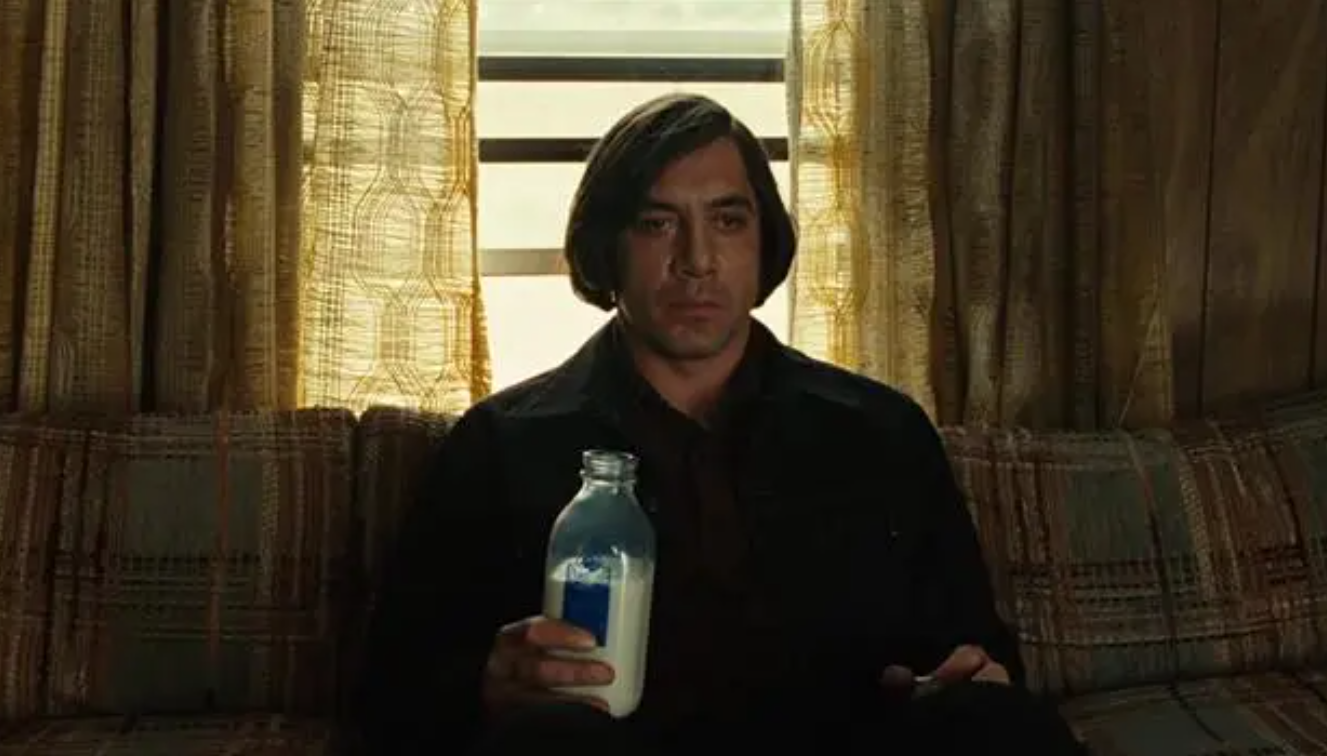
Legacy and Impact
No Country for Old Men has cemented its place as one of the greatest films of the 21st century. It swept major awards, winning four Academy Awards, including Best Picture, Best Director, Best Adapted Screenplay, and Best Supporting Actor for Javier Bardem. The film’s exploration of fate, evil, and the shifting moral landscape resonated with audiences and critics alike, leaving a lasting impact on the neo-Western and thriller genres.
The film’s legacy is defined not just by its technical mastery and compelling performances, but by its haunting, existential reflection on human nature. No Country for Old Men stands as a modern classic, a film that challenges viewers to confront the uncomfortable realities of life and death.
Conclusion
No Country for Old Men is an unforgettable cinematic experience, blending suspense, philosophical depth, and gripping performances. The Coen Brothers’ meticulous direction, coupled with Javier Bardem’s chilling portrayal of Anton Chigurh, creates a film that lingers in the mind long after the credits roll. Whether you’re drawn to its intense action or its exploration of fate and morality, this film remains a must-watch for lovers of thought-provoking cinema.

